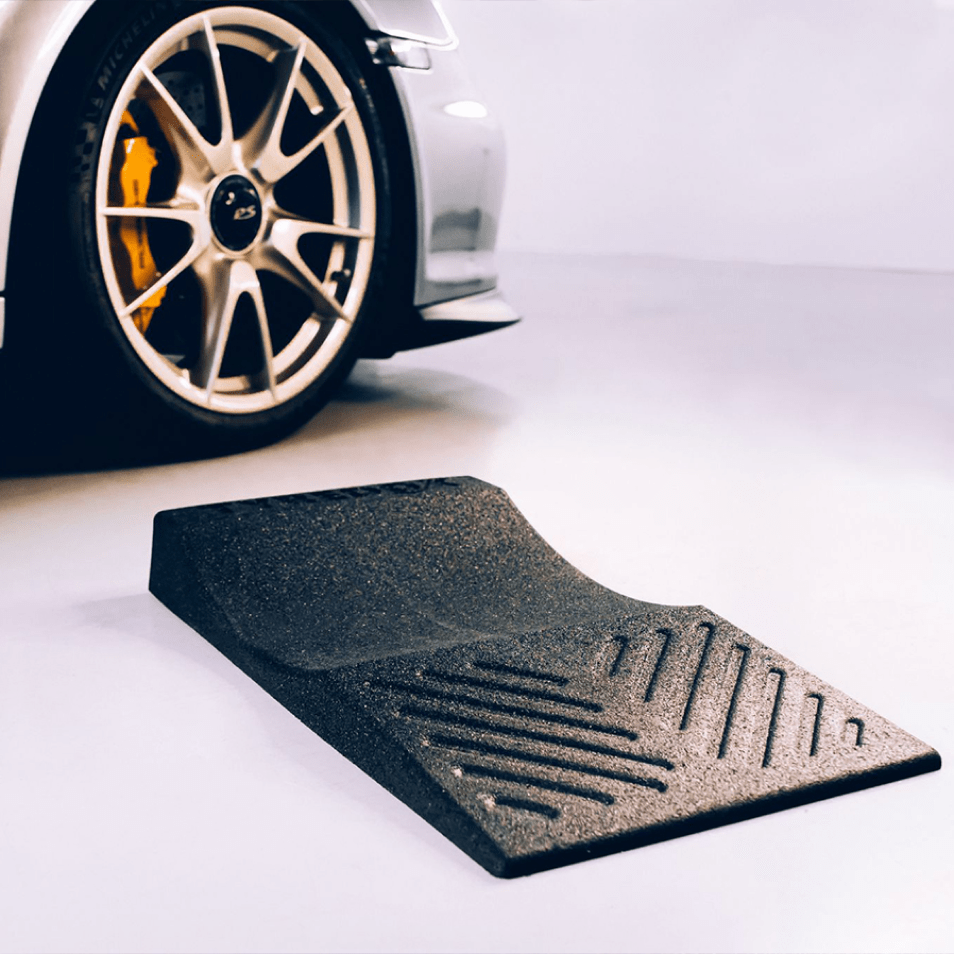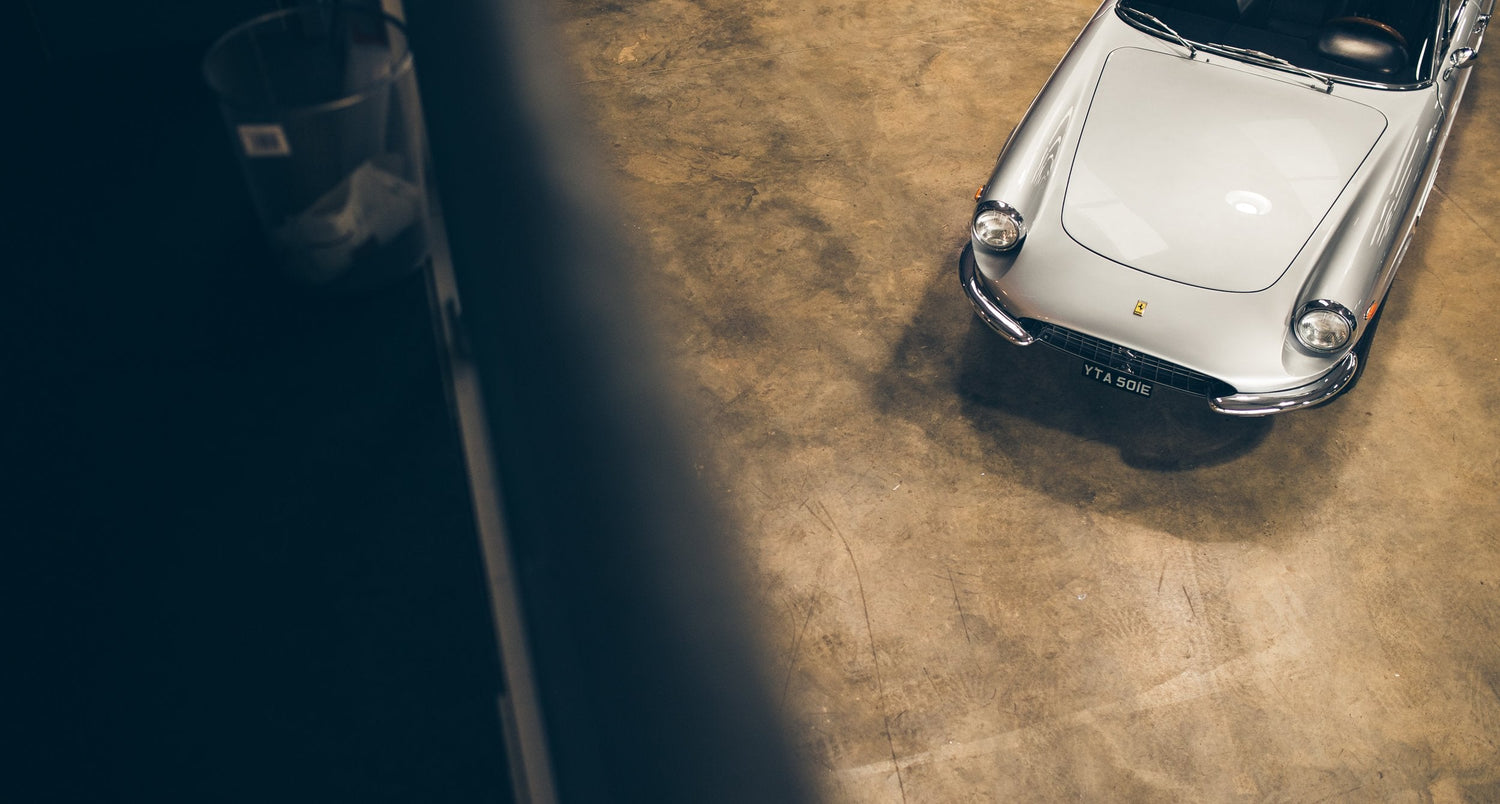Welcome to the ultimate guide for climate controlled classic car Storage!
Classic cars are more than just vehicles; they're prized possessions and valuable investments for enthusiasts. Preserving these automotive treasures requires careful attention to storage conditions. In this blog, we'll explore why climate-controlled storage is essential for safeguarding your classic car's value and longevity.

Understanding the Significance of Climate-Controlled Storage:
- Temperature Regulation: Fluctuations in temperature can cause metal components to expand and contract, leading to structural damage over time. Climate-controlled storage maintains a consistent temperature, preventing such issues.
- Humidity Control: Excessive moisture in the air can promote rust and corrosion, posing a significant threat to classic cars. Climate-controlled facilities regulate humidity levels, mitigating the risk of damage.
- Protection from Extreme Conditions: Whether it's scorching summers or freezing winters, extreme weather conditions can wreak havoc on classic cars. Climate-controlled storage provides a stable environment, shielding your investment from the elements.
Preserving the Integrity of Classic Car Components:
- Preventing Rust and Corrosion: Classic cars are susceptible to rust, which can spread rapidly if left unchecked. Climate-controlled storage minimizes moisture levels, reducing the risk of rust formation and preserving the car's exterior and undercarriage.
- Preserving Interior Materials: Leather, vinyl, and other interior materials can deteriorate when exposed to high temperatures and humidity. Climate-controlled storage helps maintain the integrity of these materials, preventing cracking, fading, and mold growth.
- Protecting Electrical Systems: Fluctuations in temperature and humidity can damage electrical components, leading to malfunctions and costly repairs. Climate-controlled storage ensures a stable environment, prolonging the lifespan of your classic car's electrical systems.
Safeguarding Against Pest Infestations:
- Preventing Pest Damage: Rodents, insects, and other pests are attracted to classic cars, especially if they're stored in damp or humid environments. Climate-controlled storage creates an inhospitable environment for pests, reducing the likelihood of infestations.
- Preserving Upholstery and Wiring: Pests can cause extensive damage to upholstery, wiring, and insulation, leading to costly repairs. Climate-controlled facilities help keep pests at bay, safeguarding your classic car's interior and electrical systems.

Long-Term Value Preservation:
- Maintaining Investment Value: Classic cars are valuable assets that can appreciate over time, but only if they're well-maintained. Climate-controlled storage protects your investment, ensuring that your classic car retains its value for years to come.
- Reducing Restoration Costs: Restoring a classic car can be a time-consuming and expensive endeavor. By storing your vehicle in a climate-controlled environment, you can minimize the need for costly restoration work caused by environmental damage.
Conclusion:
Climate-controlled storage is not just a luxury; it's a necessity for classic car owners who want to protect their investments. By providing temperature and humidity regulation, as well as protection against pests and environmental damage, climate-controlled storage facilities ensure that your prized possession remains safe and preserved for future generations. Invest in the longevity of your classic car by choosing the right storage solution today. Additionally using tyredox to ensure the prolonged life of your tyres also to bring costs down over time.



